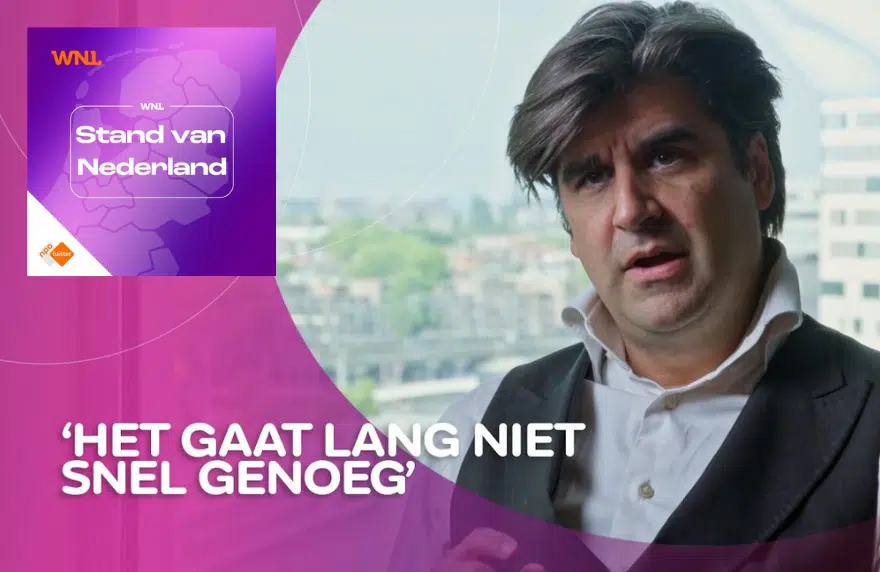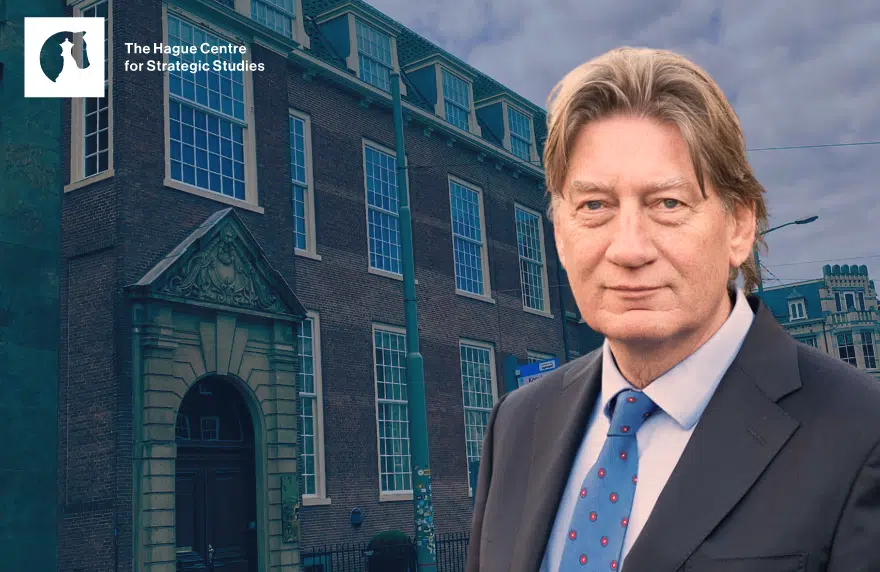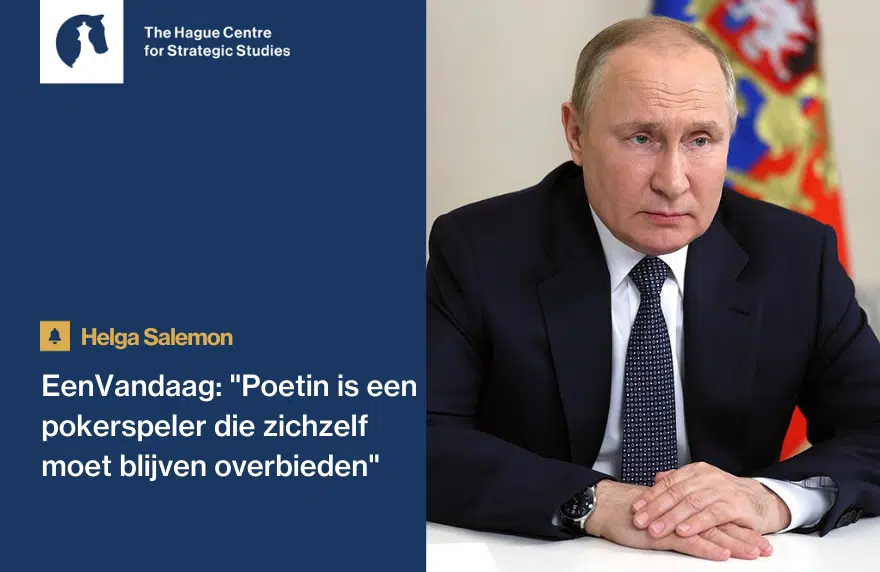De G7 worstelde met een antwoord op de Russische annexatie van de Krim. China wijst vanwege zijn politiek van niet-inmenging sancties af. Europa is economisch en militair verzwakt. Amerika is niet in staat Poetin in zijn eentje tot de orde te roepen.
Dus bleef het in Den Haag bij een symbolisch besluit dat Rusland niet meer welkom is bij de club van grootste industrielanden, de G7, en een dreigement van echte sancties als het niet bij de Krim blijft. Kortom, Rusland is in de fout gegaan, maar de Krim mag hij houden.
Een dergelijke boodschap is een recept voor een ramp. Want als het Westen geen paal en perk stelt aan de Russische expansiedrift zal machtspoliticus Poetin dit uiteindelijk als een vrijbrief zien om bijvoorbeeld zijn grip op het oosten van Oekraïne te verstevigen en via de Russische minderheden de Baltische staten te ontregelen.
Ik denk dat de westerse wereld de mengeling van zelfbewustheid, revanchisme en antiwesters nationalisme die klonk uit Poetins annexatiespeech van twee weken geleden onderschat. Die speech klonk alsof de terugbetaaltijd is aangebroken. Poetin lijkt historische ontsporingen ongedaan te willen maken, met inbegrip van de ondergang van de Sovjet-Unie.
Westerse politici onderschatten dit soort gevoelens omdat zij nauwelijks een zelfbeeld hebben. Ze vormden de wereld naar eigen normatieve inzichten zonder zich af te vragen of hun visie echt wel zo ‘universeel’ was. Macht maakte blind en legde de basis voor de antiwesterse rancune. “Het gaat er niet om in welke ‘echte’ wereld wij willen leven, maar in welke wereld wij willen leven. En dat is er een van vrijheid, gelijkheid en broederschap”, meldde een briefschrijver onlangs in deze krant.
Wie wil dat niet? Maar normatief denken spoort helaas niet met de realiteit van de internationale betrekkingen. Bovendien kán een zwak Europa helemaal niet bepalen in welke wereld wij willen leven. Als wij in een mooie wereld willen leven, moeten we ‘shaping power’ hebben, zoals de Amerikanen dat zo mooi noemen. Want in de internationale betrekkingen bepaalt de sterkste hoe de wereld eruit ziet.
Als we niet bereid zijn te investeren in kracht, rest slechts onderschikking aan de situatie die het Westen zelf heeft laten ontstaan. Accepteren we dat niet, dan vergt dat iets dat zeker veel Nederlanders niet willen horen: integratie. Ik pleit al heel lang voor vergaande eenheid op het gebied van het Europese buitenland- en defensiebeleid en meer politieke eenheid om economisch krachtig genoeg te zijn om sancties te kunnen opleggen en militair geloofwaardig te blijven.
De lidstaten zullen niet verdwijnen, maar ze moeten opnieuw bepalen welke delen van de soevereiniteit aan Brussel worden overgedragen en welke niet. Zeker is dat er nieuwe stappen noodzakelijk zijn op het gebied van het buitenland- en defensiebeleid en economische eenwording. Uiteindelijk levert dit het soort integratie op waardoor een Europees leger kan ontstaan.
Als Europese bondgenoten hun budgetten combineren, is er meer dan voldoende geld voor een krachtige Europese krijgsmacht. Zolang dit soort stappen niet zijn genomen is het heel moeilijk Poetin een halt toe te roepen.



